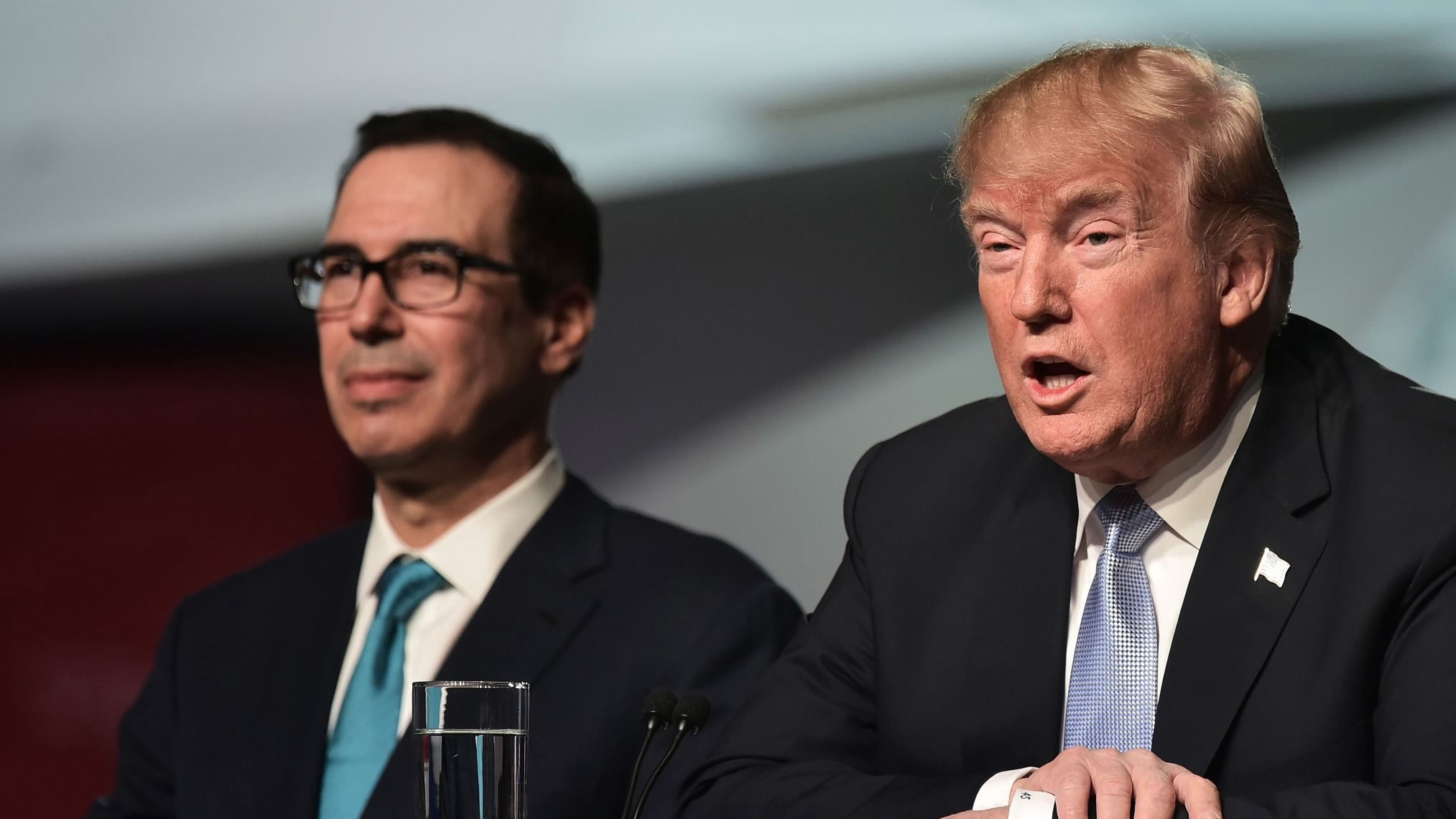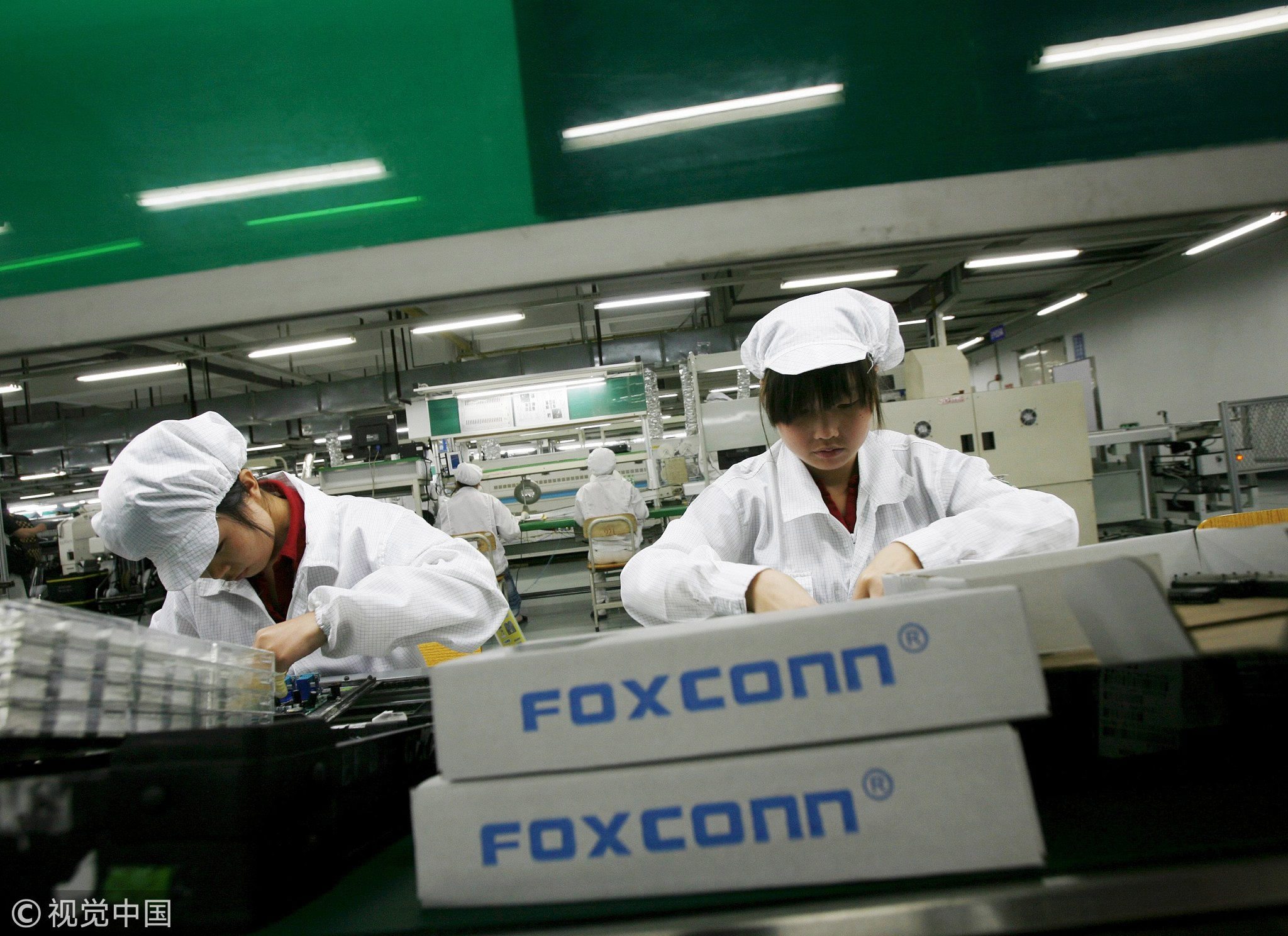
(Photo: CGTN)
US President Donald Trump will send a delegation of his top economic advisers including Steven Mnuchin, US Treasury Secretary, and Larry Kudlow, his Director of the National Economic Council to Beijing on May 3 to attempt to settle trade disputes that have upset Sino-US relations and rattled markets world-wide.
The effectiveness of a Mnuchin Beijing trip has been questioned by several analysts. Einar Tangen, a current affairs analyst, told CGTN that it is really hard to see the delegation push anything that is very constructive. In his opinion, Donald Trump originally intended to hinder China's future growth through trade tariffs. For this reason China is striving to address the issue through WTO or negotiations. The US, however, has persistently refused China's methods to diffuse the situation, and continues to exacerbate tensions through tariffs and bans, which Tangen has described as methods similar to those used by a " playground bully ". But Trump's campaign hasn't quite garnered the result he was expecting from China.

Employees work inside a Foxconn factory in the township of Longhua in the southern Guangdong province, China, on May 26, 2010.(Photo: VCG)
"Trump wants to literally shake China down and his team has advised him that if he does, China will fall. But that hasn't happened, and instead they are surprised to see China push back." Tangen said.
As a result, according to Tangen, President Trump has had to send a delegation to China in an effort to ease the broken trade relationship which is now seeking alternatives to the US such as India and Japan through indirect trade talks. "I mean, Trump is saying you guys told me to do this, now you guys go and figure out what is going to happen." Tangen tells CGTN. He doesn't believe that the delegation will be helpful in addressing the issue, because what the delegation is going to put on the table is pretty ridged, politically President Trump is kind of wedded to this idea.
Apart from questioning the effectiveness of the delegation's Beijing trip, Tangen also doubted President Trump's goal of reviving the US's manufacturing sector, which was supposedly the most important reason for launching the trade war with China. He indicates that Americans, particularly the middle and lower classes, will be the casualties of a trade war with China. The top three exports from China to the US are shoes, clothing and furniture. Levying tariffs on these goods will certainly have adverse effects for Americans who depend on these things and it will not generate more job opportunities. "In China workers are paid 15 US dollars per day, which is greatly lower than that in the US." Tangen notes. In addition, Americans are unwilling to do manual labor as a result of their socio-economic status. Thus, Trump's efforts will not bring these jobs back, and instead they will be delegated to other developing countries such as Vietnam, Bangladesh, India or the Philippines where manual laborers are paid less than 2 US dollars per day.


